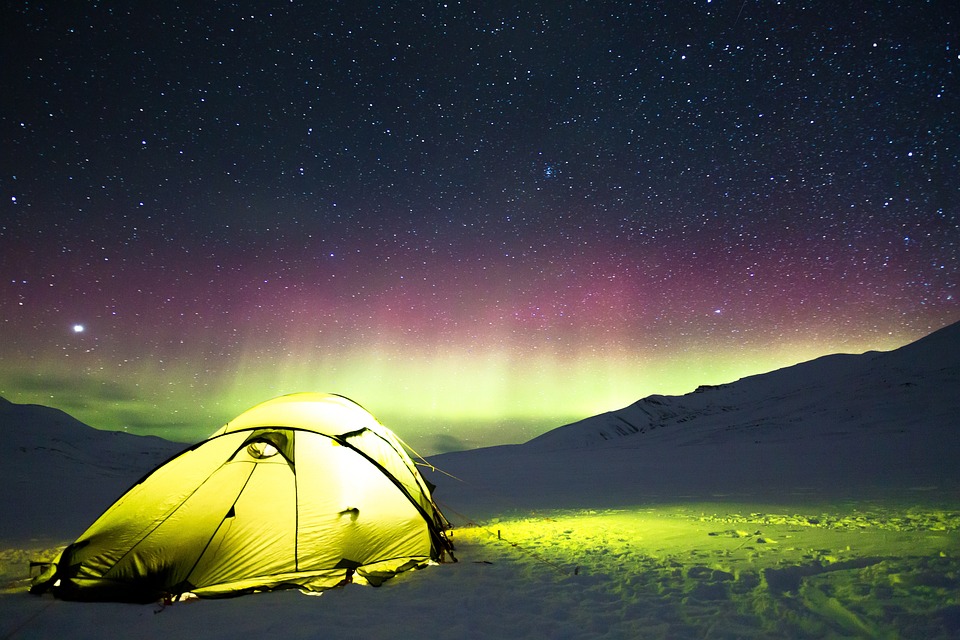Table of Contents
Introduction
Escaping the hustle and bustle of daily life has become increasingly challenging in our digital age. People are constantly connected to their smartphones and other devices, always within reach of work emails, social media notifications, and news updates. However, there is a growing trend towards off-the-grid camping, allowing individuals to disconnect from technology and reconnect with nature.
Benefits of Off-the-Grid Camping
Off-the-grid camping refers to venturing into remote, less-traveled areas where traditional amenities such as electricity and cell phone service are not available. This type of camping offers numerous benefits:
- Unplugging from Technology: Camping off-the-grid allows individuals to disconnect from their electronic devices and enjoy a break from constant notifications. It provides an opportunity to fully immerse oneself in the present moment and enjoy the beauty of nature without distractions.
- Peace and Quiet: Off-the-grid camping often takes place in secluded areas, far away from crowded campgrounds and urban noise. The tranquility of these settings enhances relaxation, reduces stress, and allows for a peaceful escape from the daily grind.
- Connection with Nature: By camping off-the-grid, campers have the chance to truly embrace and appreciate the natural world. They can explore untouched landscapes, observe wildlife in their natural habitats, and gain a deeper understanding of the environment.
- Self-Sufficiency Skills: Camping without the usual amenities necessitates self-sufficiency. Campers learn to rely on basic survival skills, such as building a fire, purifying water, and setting up a campsite. These newfound skills provide a sense of empowerment and personal growth.
Tips for Off-the-Grid Camping
Planning ahead and being properly prepared for off-the-grid camping is essential. Here are some tips to make the most of your adventure:
- Research Your Destination: Before heading off-the-grid, research the location thoroughly. Familiarize yourself with the weather conditions, terrain, and local regulations.
- Bring Essential Gear: Pack the necessary camping gear, including a sturdy tent, sleeping bags, cooking utensils, a first aid kit, and sufficient food and water supplies. Don’t forget to bring appropriate clothing and footwear for the environment you’ll be camping in.
- Prepare for Emergencies: Since help may not be readily available off-the-grid, it’s crucial to be prepared for emergencies. Carry a well-stocked first aid kit, know basic first aid techniques, and bring a means of communication such as a satellite phone or a personal locator beacon.
- Practice Leave No Trace: When camping off-the-grid, it’s important to minimize your impact on the environment. Always follow the principles of Leave No Trace, which include packing out your trash, camping on durable surfaces, and respecting wildlife and other campers.
- Make a Checklist: Create a comprehensive checklist to ensure you have everything you need before embarking on your off-the-grid camping adventure. This will help you stay organized and prevent any important items from being left behind.
FAQs
Is it safe to camp off-the-grid?
Camping off-the-grid can be safe if proper precautions are taken. It’s important to research the location, bring necessary safety gear, and be prepared for emergencies. It’s advisable to inform someone about your plans and estimated return date, and consider camping with a partner for added safety.
How do I find suitable off-the-grid camping spots?
There are various ways to find suitable off-the-grid camping spots. Online databases, camping forums, and guidebooks can provide valuable information about remote campsites. Additionally, contacting local park authorities or experienced outdoor enthusiasts can help you discover hidden gems.
What are the essential skills needed for off-the-grid camping?
Essential skills for off-the-grid camping include fire building, water purification, campsite selection, map reading, basic first aid, and navigation. It’s important to acquire these skills through research, training, and practice before heading off-the-grid.
How long should I plan to camp off-the-grid?
The duration of your off-the-grid camping trip depends on personal preference and the available resources. Some campers enjoy short breaks from civilization over a weekend, while others embark on longer expeditions lasting several weeks or even months. Reflect on your experience, stamina, and goals to determine the ideal duration of your camping adventure.
What are some useful resources for off-the-grid camping?
There are various resources to help you plan and enjoy your off-the-grid camping experience. Outdoor equipment stores, camping blogs, and guidebooks offer valuable advice, gear recommendations, and trip planning tips. Additionally, joining online camping communities and forums can provide a wealth of knowledge from experienced campers.




